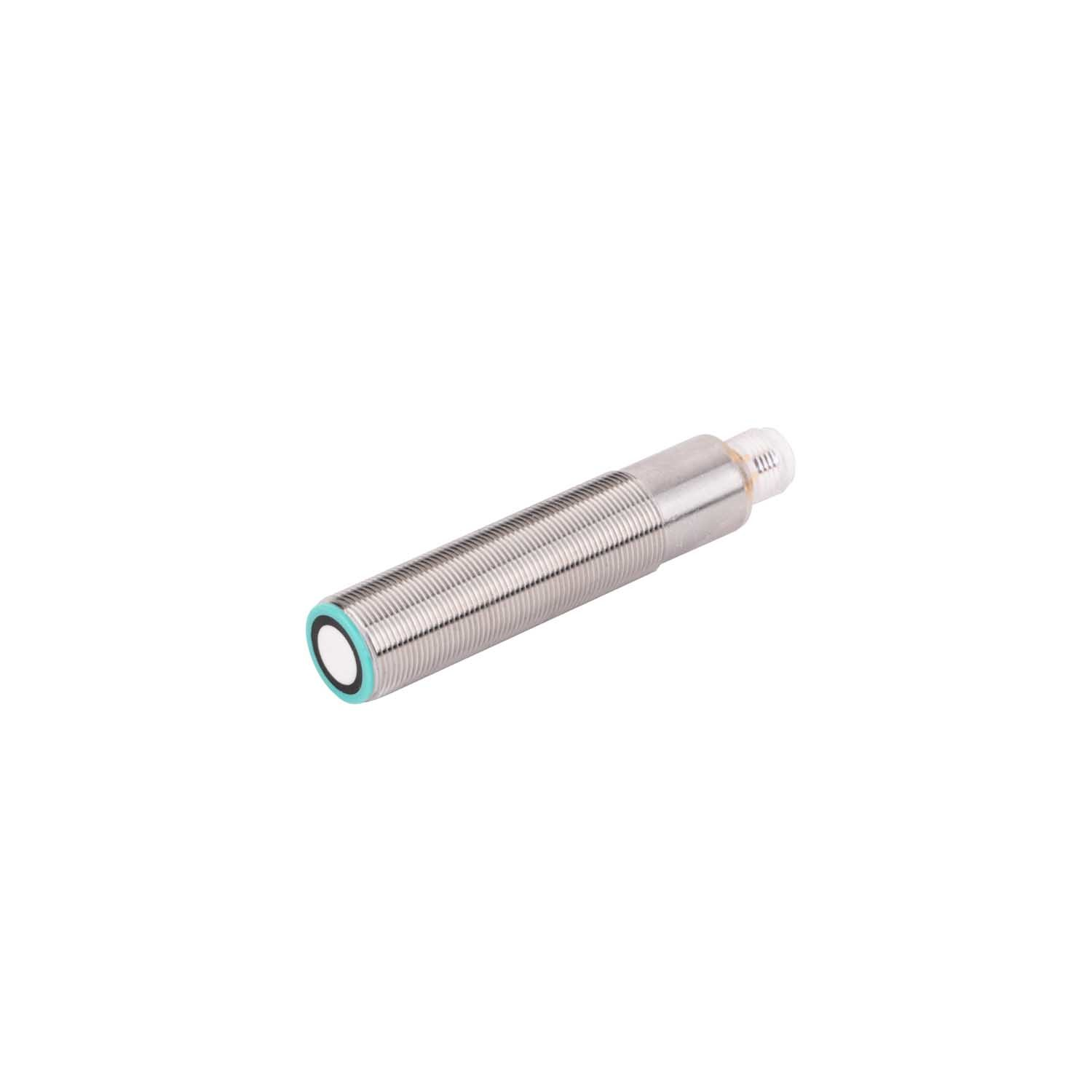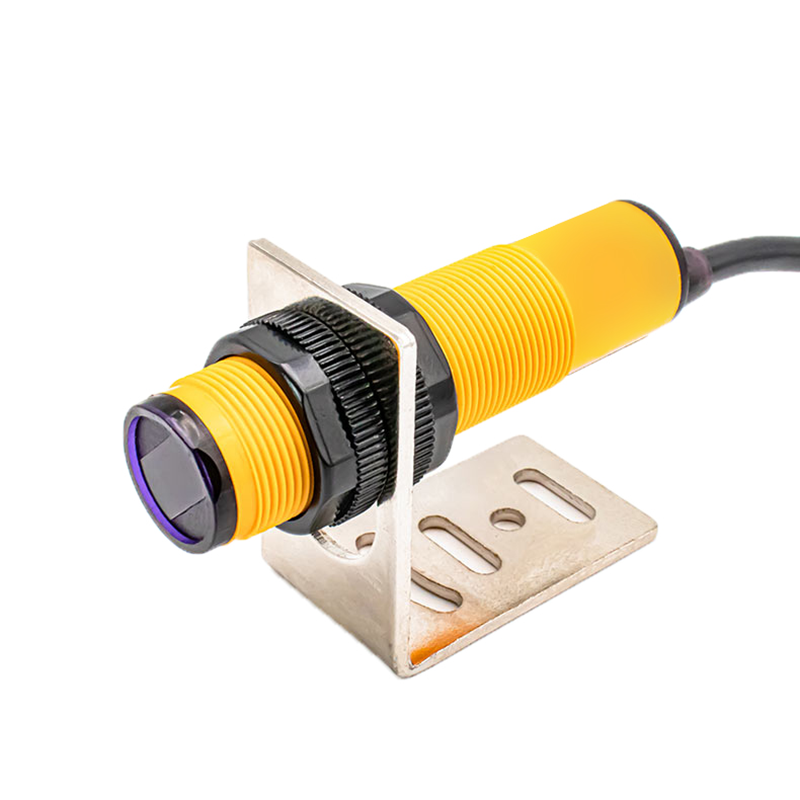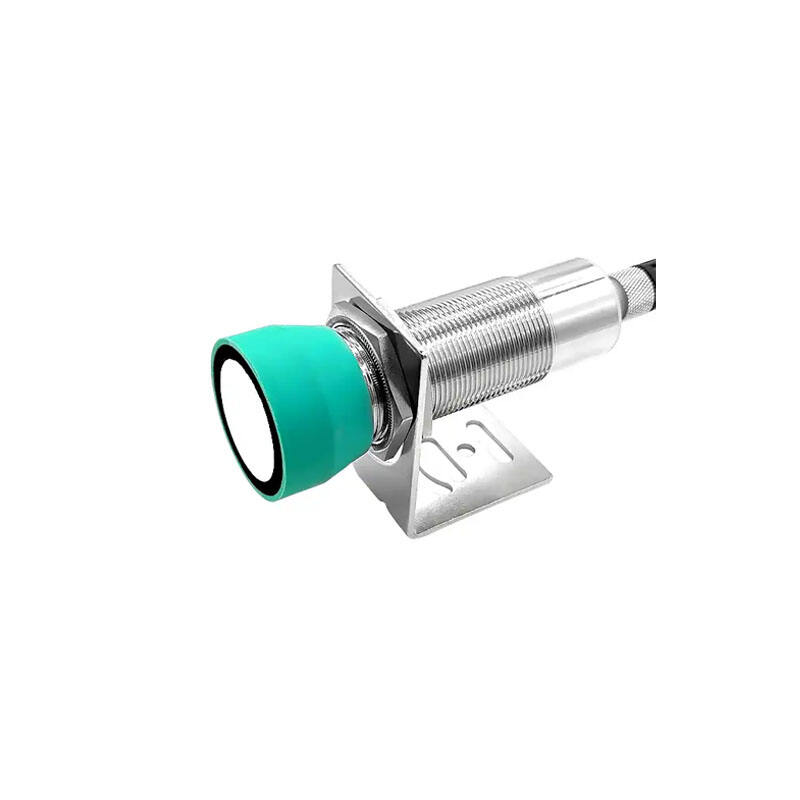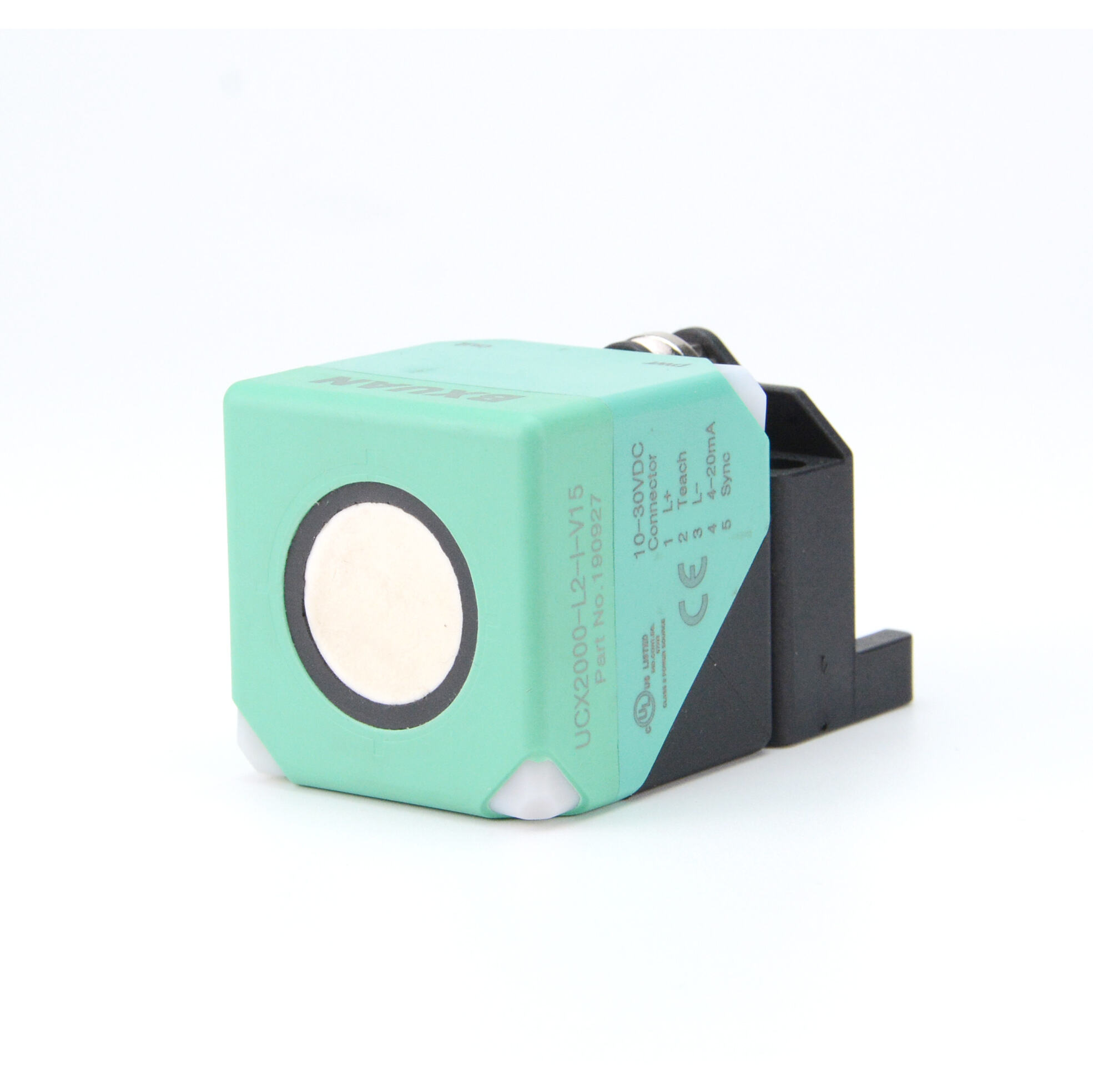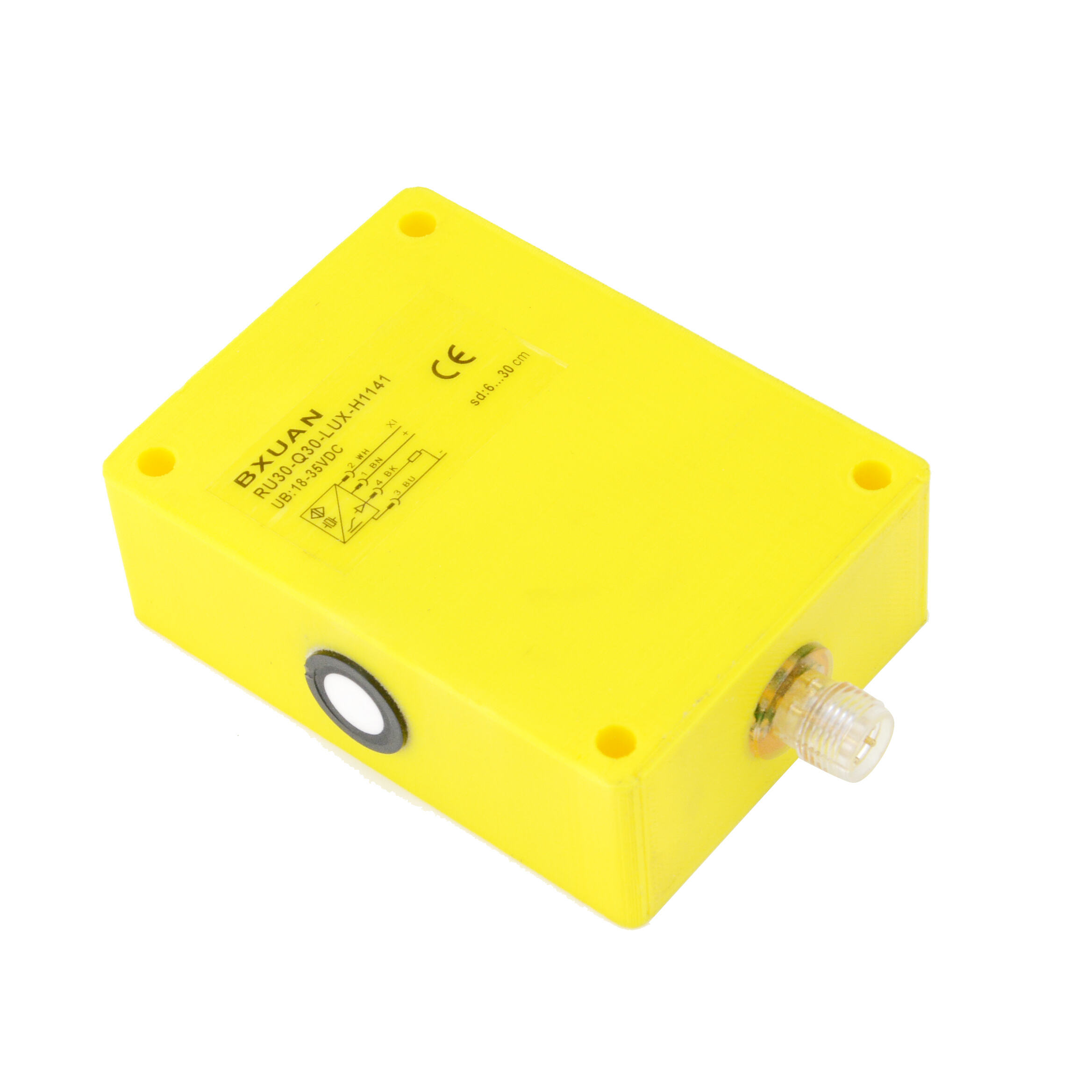kontaktless senzor vode
Bezkontaktni senzori vode predstavljaju revolucionarni napredak u tehnologiji nadzora tekućina, nudeći precizne mogućnosti mjerenja bez izravnog kontakta s tekućinom koja se mjeri. Ovi inovativni uređaji koriste naprednu elektromagnetsku ili ultrazvučnu tehnologiju za otkrivanje razine vode, brzine protoka i prisutnosti kroz različite materijale poput plastike, stakla ili metalnih spremnika. Senzor funkcionira tako što emitira valove određene frekvencije koji međudjeluju s vodom, omogućujući točna mjerenja bez narušavanja integriteta sustava za sadržavanje. Ovaj neinvazivni pristup čini ih posebno vrijednima u scenarijima u kojima je održavanje sterilnosti od ključne važnosti, kao što su proizvodnja lijekova, prerada hrane i medicinske primjene. Senzori se mogu lako instalirati na vanjskoj strani cijevi ili spremnika, eliminirajući potrebu za izmjenama sustava ili potencijalnim točkama kontaminacije. Oni omogućuju praćenje podataka u stvarnom vremenu, pri čemu mnogi modeli imaju digitalne zaslone i automatizirane sustave upozorenja za trenutačno obavješćivanje o bilo kakvim promjenama u uvjetima vode. Univerzalnost ove tehnologije omogućuje njezinu primjenu u različitim industrijama, od industrijske obrade do pametnih kućnih aplikacija, čineći je neophodnim alatom za moderne sustave upravljanja vodom.

